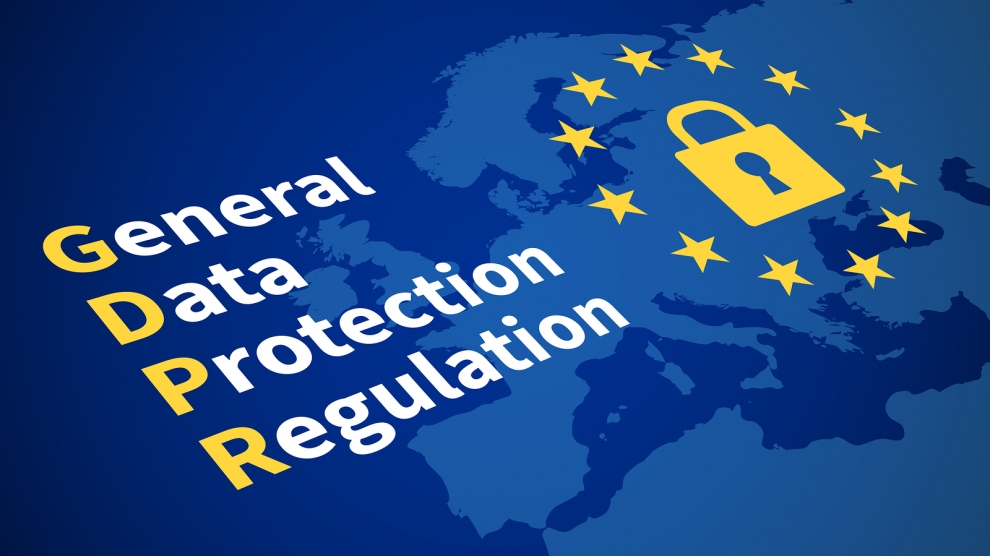The GDPR, or General Data Protection Regulation, is a European Union regulation that establishes rules for the protection of personal data of EU citizens. Adopted on May 25, 2018, it was designed to harmonize privacy laws across the European Union and strengthen the protection of citizens’ personal data.
What is the purpose of GDPR
GDPR aims to ensure the protection of EU citizens’ personal data and create a unified privacy framework within the European Union. GDPR was introduced because personal data has become increasingly important in the digital society, with numerous cases of data breaches and misuse.
GDPR provides EU citizens with a set of rights regarding their personal data, including the right to access, correct, or delete their data, object to its processing, or request its limitation. Additionally, GDPR imposes strict obligations on companies collecting and processing the personal data of EU citizens to ensure its security and confidentiality. This includes the requirement to obtain explicit consent from data subjects for processing their data and the obligation to notify authorities of data breaches within 72 hours.
In summary, GDPR seeks to guarantee the protection of EU citizens’ personal data, promote transparency and accountability for companies handling such data, and foster trust and security for digital transactions within the European Union.

When does GDPR apply?
If your company collects, processes, or manages the personal data of EU citizens, you are required to comply with GDPR regulations. Additionally, if your company has previously collected personal data from EU citizens before the implementation date but continues processing it afterward, you must comply with GDPR.
In general, GDPR applies to all companies, regardless of whether they are based inside or outside the European Union, that collect, process, or manage the personal data of EU citizens. GDPR also applies to service providers operating within the EU or offering services to EU citizens, even if they lack a physical presence within the European Union.
Does your website need to comply with GDPR?
If your website collects and processes the personal data of EU citizens, you must comply with GDPR. GDPR applies to all organizations, regardless of geographical location, that collect and process the personal data of EU citizens.
Personal data includes any information that can identify a person, such as name, address, phone number, email address, IP address, and any other information that could identify an individual. If your website collects any of this personal data, you must comply with GDPR.
Additionally, if your website uses cookies to collect visitor information, it may be necessary to obtain user consent before using cookies and adhere to GDPR privacy provisions.
In summary, if your website collects and processes the personal data of EU citizens, you must comply with GDPR.
We at Dandicom Digital Innovation ensure that all our clients are fully compliant with GDPR. Contact us for more information on how we can help!

What are the penalties for non-compliance with GDPR? Everything companies need to know to stay compliant.
GDPR imposes penalties on organizations that fail to comply with data protection regulations. The penalties vary based on the severity of the violation and can include:
Fines: Organizations that violate GDPR may face fines of up to 4% of their annual global turnover or €20 million, whichever is higher.
Cease orders: Supervisory authorities may issue cease orders to prohibit organizations from continuing to process personal data non-compliantly.
Processing bans: Supervisory authorities may ban organizations from processing personal data for certain purposes or under certain conditions.
Civil liability: Organizations that violate GDPR may be held liable for any damage caused to affected individuals.
It is important to note that GDPR penalties can be applied to any organization, regardless of geographical location, if they process the personal data of EU citizens. Additionally, penalties may apply to organizations that subcontract data processing to third parties, such as cloud service providers.
How can you comply with GDPR?
To comply with GDPR, there are several specific actions that can be taken.
If you need your website or e-commerce platform to comply with GDPR requirements, contact us, we will provide you with the tools and full support necessary for the proper creation and implementation of privacy and cookie policies.
